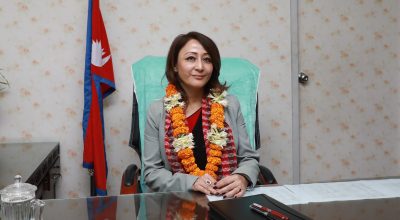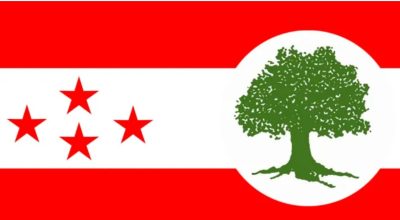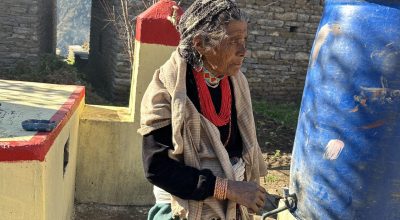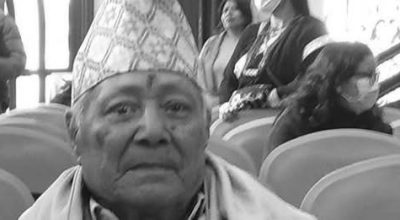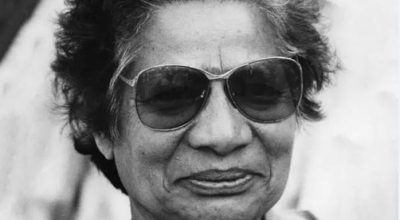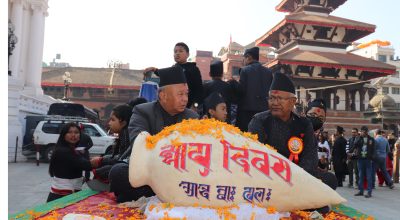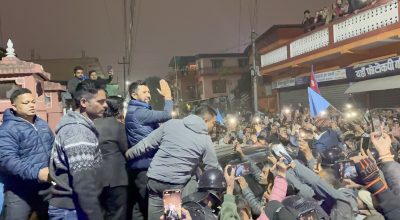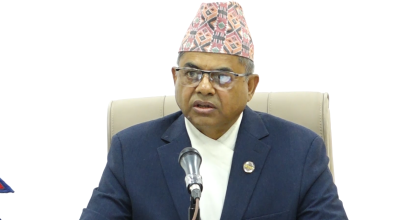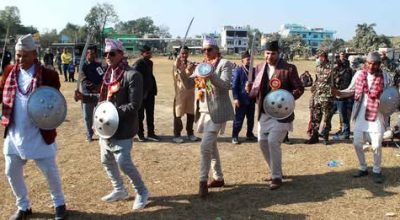
Kathmandu, Sept 14: The House of Representatives’ State Affairs and Good Governance Committee has pointed out the need of forging consensus among the top leadership rung of the main political parties regarding the bill designed to amend the Nepal Citizenship Act 2063 BS.
The efforts by the committee to take forward the bill on the basis of consensus today alone failed after the main op[position party, Nepali Congress, presented a written proposal stating that it would not budge from its present position on the bill that it cannot change its course regarding the existing provisions in the Citizenship Act, 2063 BS.
Lawmakers from the ruling Nepal Communist Party (NCP) and the main opposition party, Nepali Congress, differed in the last hour on the citizenship bill especially regarding the topic of acquisition of naturalized citizenship through marriage.
The Samajbadi Party and the Rastriya Janata Party had expressed their ‘silent’ agreement with the Nepali Congress while the Nepal Majdoor Kisan Party lawmakers had voiced that there should be stringent provisions regarding issuing citizenship as it is a matter related to the sovereignty and autonomy of the nation.
After agreement could not be reached on the bill in the committee’s meeting today, the committee has directed its members to make initiatives in their respective parties to have the bill discussed and consensus forged at the top leadership of their parties.
Committee president Sashi Shrestha said in the meeting that she has been saddened and disturbed as the committee members could not agree on the bill in the last minute although discussions were held on the provision from various perspectives for long.
“The members should play a proactive role to have consensus reached among the top leaders of the main political parties regarding the bill so that it would be possible to present it in parliament in its current session.
If consensus could not be forged, then a situation would come in which the country would have to be ruled by issuing directives, decrees and circulars on one or the other pretext. This should not happen,” she said.
Speaking in the meeting before this, committee member Krishna Gopal Shrestha urged the members to move ahead the bill on consensus without dividing into ruling and opposition party as the issue of citizenship was a very sensitive and important one related to the country’s nationality and sovereignty.
Janardan Sharma said now there is need for discussion on the bill among the top leaders of the main political parties after the main opposition party, Nepali Congress, put its view regarding the bill in the last minute.
It should have made its stance clear one year back. Jhapat Rawal opined that preventing majority of the members from expressing their views on an issue that has been intensely discussed since long from various perspectives was not natural.
Ram Sahay Prasad Yadav said it would be in the interest of the country and the people if the committee moved ahead on the basis of consensus regarding an issue having long-term effect on the nation rather than on the basis of majority and minority.
Rekha Sharma suggested that the committee should take the initiative to have consensus reached on the disputed provision of the bill at the level of the top leadership of the main political parties.
Raj Kishor Yadav cautioned against taking the issue as a means of fulfilling ego of the ruling and opposition parties, rather a consensus on it should be forged at the earliest as it is an issue having long-term effect on the nation and that has been debated for years.
On the basis of opinions aired by lawmakers during the meeting, the report had mandated presentation of a document proving the disclaimer of the citizenship of the place of origin within six months of the acquisition of a naturalised citizenship.
The proposed provisions came as an alternative to the report recommended for granting the naturalised citizen only after the completion of seven years of marriage with the right to exercise political rights.
Till the first seven years of the marriage, it was proposed for giving an identity card ensuring social, economic and cultural rights except political ones as an alternative to the citizenship.
The Home Ministry stated the amendment bill had to be brought to address challenges in the national security and development caused by the dual citizenship provisions founded on the marital status-based naturalised citizenship.
The government said voices were also raised for equal bilateral provisions in regard with marriage-based naturalised citizenship as legal provisions practiced by neighbouring countries to deal with marriage-based citizenship issues are not compatible with the existing provisions in Nepal, manifesting discrimination and inequality.
Most of members have agreed on the provision of identifying a foreigner marrying with a Nepali woman eligible for the naturalised citizenship only in 15 years of the marriage.







